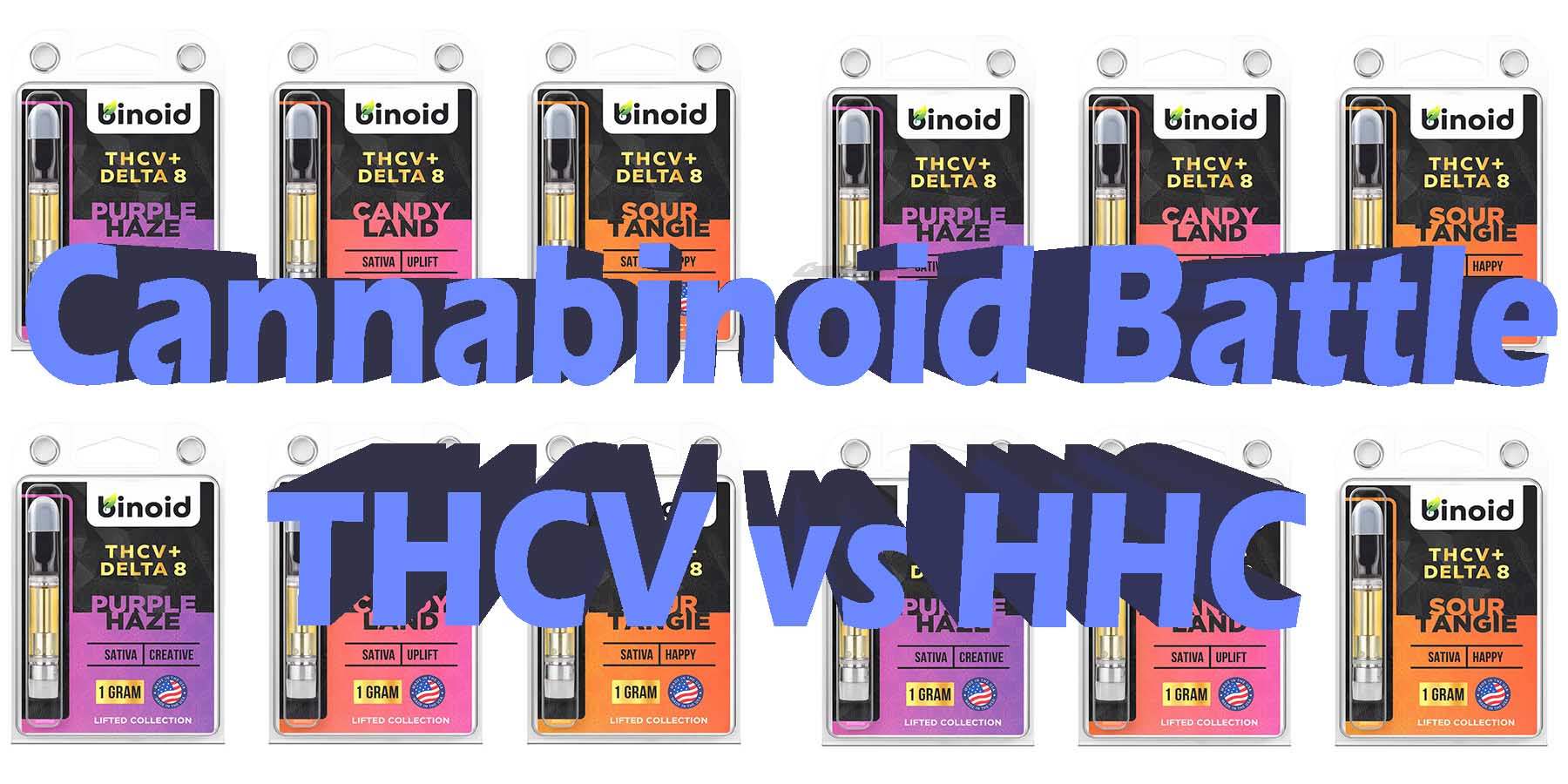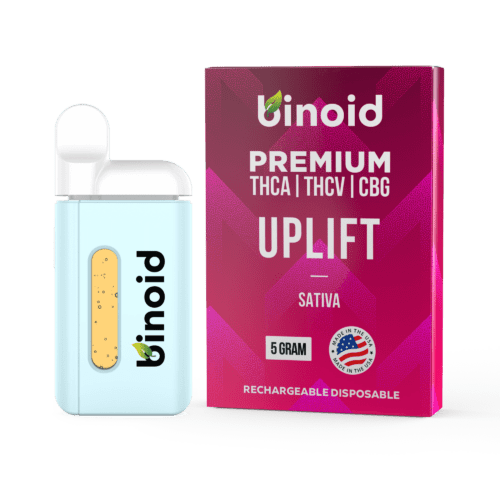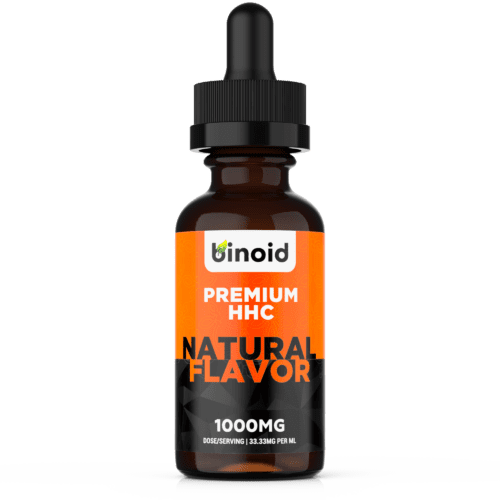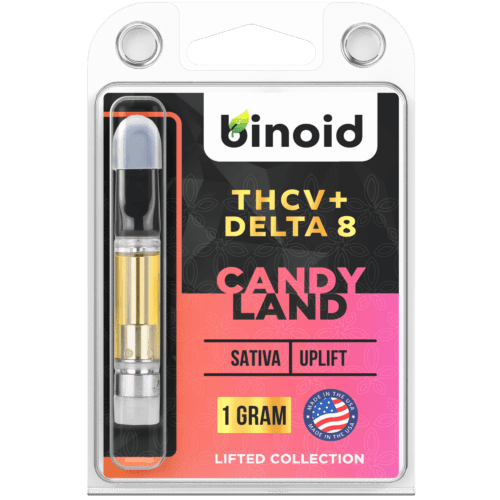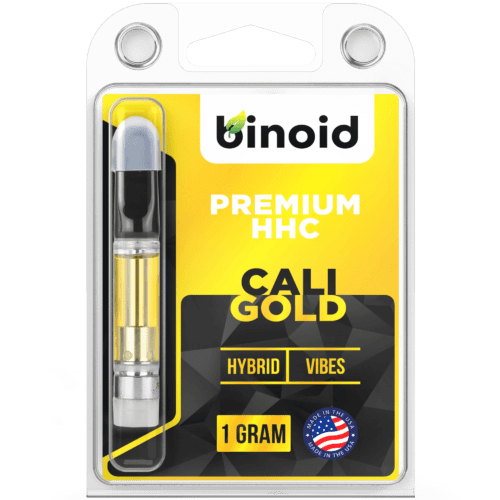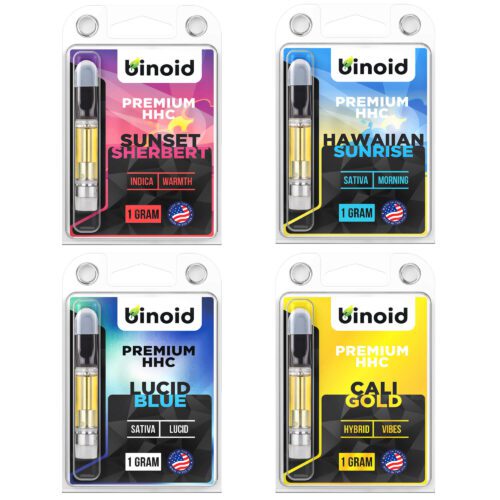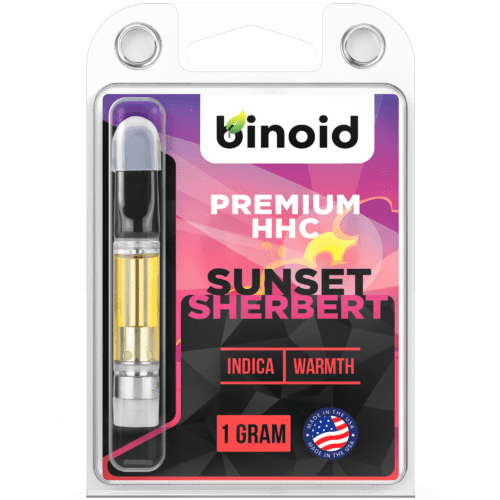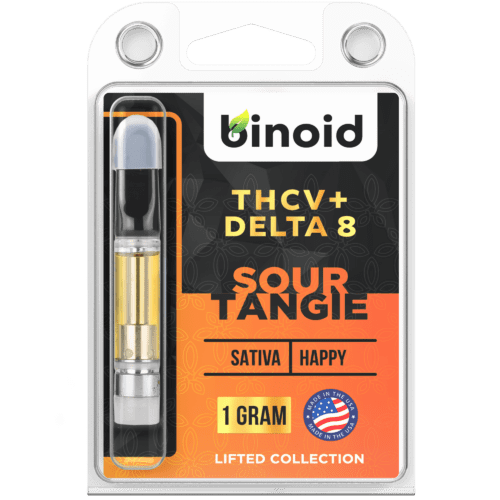The world of hemp is always evolving, as researchers come up with new analysis methods that let us take a closer look at the function of each individual compound in the plant. In terms of the hemp market, this allows us to enjoy a wider array of cannabinoids, as new discoveries lead to new hemp-derived products, each with their own unique value that can introduce an exciting variety of useful properties into the bodily system. Two cannabinoids that have been getting a lot of attention lately are tetrahydrocannabivarin (THCV) and hexahydrocannabinol (HHC), and they both popped up on the market around the same time. Each cannabinoid is associated with specific effects, including psychoactive properties that are quite different from one another.
It is very important to consider the differences between THCV and HHC. At the end of the day, one might be far more compatible with your lifestyle and personal goals than another. Also is crucial to know what kind of high you can expect from both these hemp derivatives.
TO BUY THCV & HHC PRODUCTS CLICK HERE
-
Product on sale
 THCV 5 Gram Disposable Vape – Uplift/Unwind$53.99
THCV 5 Gram Disposable Vape – Uplift/Unwind$53.99$69.99 -
Product on sale
 HHC Tincture – 1000mg$29.99
HHC Tincture – 1000mg$29.99$79.99 -
Product on sale
 THCV + Delta 8 THC Vape Cartridge – Candyland$28.99
THCV + Delta 8 THC Vape Cartridge – Candyland$28.99$59.99
Why Choose THCV?
THCV Origin
Tetrahydrocannabivarin is a homologue of delta 9 THC, so it maintains a lot of structural similarities despite having ultimately different effects. THCV was first discovered alongside cannabidivarin (CBDV) in 1971. Over the next decade, scientists looked closely at the occurrence of THCV based on geographical locations. Data found that THCV-rich strains were more frequent throughout the African continent, with one South African cannabis strain having over 53% tetrahydrocannabivarin.
Now, despite successful efforts to resolute the origins of THCV, research into its potential benefits was vastly absent throughout the decade of its discovery.
THCV’s Psychoactive Properties
Tetrahydrocannabivarin is an antagonist to CB1 receptors at low dosage levels. This means that it won’t get you high, and it might be capable of blocking the full psychoactive effects of other cannabinoids when taken alongside them. However, when THCV is taken in higher doses, it switches over to being an agonist to CB1 receptors, meaning it does produce an intoxicating effect, which is milder than delta 9 THC. The exact amount required to experience the psychoactive properties of THCV is not yet known, and likely varies from one individual to the next. Also, THCV’s high lasts about half as long as tetrahydrocannabinol (THC) and requires a higher boiling point of 428 degrees rather than 315 degrees.
THCV’s Non-Psychoactive Properties
Tetrahydrocannabivarin has been researched to a surprising extent over the last several decades, as it seems to offer a lot of promising value that makes it worth exploring for more reasons than its potential to get you high. THCV works with the body’s CB2 receptors primarily, which regulate functions of the immune and digestive systems. Studies have shown a lot of promise in THCV’s potential to regulate both blood sugar and insulin levels in the body, in a way that could be critical to future diabetes applications. Also, this cannabinoid may aid in managing obesity and food cravings. Findings even show potential anti-seizure activity due to its role as a neuroprotectant.
Purpose for Taking THCV
Many people seek out tetrahydrocannabivarin in order to explore its potential psychoactive effects, but hopefully, these individuals know that using THCV to get high is a lot more complex due to its temperamental psychoactive nature discussed earlier. Because THCV has long-established properties pertaining to blood sugar and other functions of the body, it’s also sought-after to address needs that go beyond its intoxicating qualities.
Why Choose HHC?
HHC Origin
HHC was first created in 1944 by the American chemist Roger Adams, when he added hydrogen molecules to Delta-9 THC. This process, known as hydrogenation, converts THC to hexahydrocannabinol (HHC).
Hydrogenation isn’t limited to cannabinoid production. A similar process is used to convert vegetable oil to margarine.
While Adams created HHC from conventional cannabis-derived THC, these days the cannabinoid is typically derived through a process that begins with hemp. [Source].
HHC’s Psychoactive Properties
Being so structurally similar to delta 9 THC, hexahydrocannabinol seems to behave almost exactly like delta 9 when it comes to its psychoactive properties, as well as its other properties. Many people who have used HHC have reported that the high is almost exactly the same. For those unfamiliar, it’s more intoxicating than delta 8 or delta 9 – about 30% more – while offering feelings of euphoria and mellowing of the mood, although the more specific aspects of the high are strain-dependent. The high can make a person feel groggy and lose some clarity of mind, so be aware of this when deciding to take it.
-
Product on sale
 HHC Vape Cartridge – Cali Gold$29.99
HHC Vape Cartridge – Cali Gold$29.99$69.99
HHC’s Non-Psychoactive Properties
Hexahydrocannabinol is a cannabinoid that seems to mimic delta 9 in a surprising number of ways. And, because we know that it attaches to both CB2 receptors, along with CB1 receptors in the nervous system, we can feel confident that its regulatory properties are widespread when potentially managing:
- Pain
- Mood
- Sleep
- Nausea
- Appetite
Purpose for Taking HHC
Many people who seek out hexahydrocannabinol do so because they are hoping to enjoy a federally legal alternative to delta 9 THC. If HHC behaves as similarly to delta 9 as we so far believe that it does, it could be a great choice for anyone who generally enjoys the properties of delta-9.
What is the Legality of THCV and HHC?
Tetrahydrocannabivarin and hexahydrocannabinol are both considered federally legal cannabinoids due to the passing of the Farm Bill in 2018. However, in recent years, twelve states have banned delta 8 THC. The legislation is confusing, but it’s likely that these same states have banned THCV and HHC as well:
- Alaska
- Arizona
- Arkansas
- Colorado
- Delaware
- Idaho
- Iowa
- Mississippi
- Montana
- Rhode Island
- Vermont
- Utah
What Products Do/Will THC-O and HHC Come in?
Tetrahydrocannabivarin and hexahydrocannabinol come in the same general product forms, because they are both turned into oil-based extracts that can easily be combined with different ingredients to create different formula types.
- Vape Carts: Vape cartridges are pre-filled with vape oil, available in all kinds of strains. They attach to standard 510-threaded vape pens.
- Disposable Vapes: Disposable vapes can be used right out of the box, and never require any assembly, recharging or refilling.
- Tinctures: Tinctures are oil formulas that absorb under the tongue (sublingual tissue) and come in a variety of milligram strengths.
- Edibles: Edibles absorb through the process of digestion, offering long-lasting effects and a distinctive body high.
- Flower: Raw hemp flower can be infused with pure THCV or HHC, in any strain that exists in nature.
- Dabs: Dabs are concentrates that yield very high potency levels, which is why they’re best for experienced users. They are vaporized with a dabbing device.
- Capsules: Capsules refer to THCV and HHC oils that are encapsulated.
Extra Comparison Notes:
- THCV and HHC are two psychoactive cannabinoids that will both produce a high in the user. However, the nature and potency of each type’s psychoactive properties are quite unique from one another, which is why you should not use them interchangeably under the impression that they ultimately feel the same in the body.
- With either cannabinoid, the intoxicating effects that you may feel are highly dependent on the cannabinoid, but also on many other factors, including the strain of the product, the delivery method, the dosage amount, and your body’s unique response to cannabinoids.
- Both cannabinoids can result in a failed drug test, because each require THC-COOH to metabolize. THC-COOH is an enzyme that breaks down THC compounds, including delta 9 THC, and this is what standard drug tests are looking for rather than delta 9 itself.
- Avoid driving or operating heavy machinery after consuming either of these cannabinoids due to their intoxicating nature.
Final Decision: THCV and HHC are Amazingly Unique Cannabinoids That Could Work with Your Hemp Regimen
Tetrahydrocannabivarin and hexahydrocannabinol are both awesome options for anyone looking to explore new cannabinoids outside of cannabidiol (CBD) and delta 8 THC. Each compound can serve a specific, desirable purpose, while still offering a specific type of high that’s enjoyable in its own way.
At Binoid, you can find a plethora of both THCV and HHC products, each made with lab-tested, hemp-derived extracts, along with clean and carefully sourced ingredients. Our premium-quality tetrahydrocannabivarin and hexahydrocannabinol allow you to experiment with these cannabinoids while feeling confident that you’re getting the absolute best on today’s market.
TO BUY THCV & HHC PRODUCTS CLICK HERE
-
Product on sale
 HHC Vape Cartridges – Bundle$95.99
HHC Vape Cartridges – Bundle$95.99$224.99 -
Product on sale
 HHC Vape Cartridge – Sunset Sherbert$29.99
HHC Vape Cartridge – Sunset Sherbert$29.99$69.99 -
Product on sale
 THCV + Delta 8 THC Vape Cartridge – Sour Tangie$28.99
THCV + Delta 8 THC Vape Cartridge – Sour Tangie$28.99$59.99

